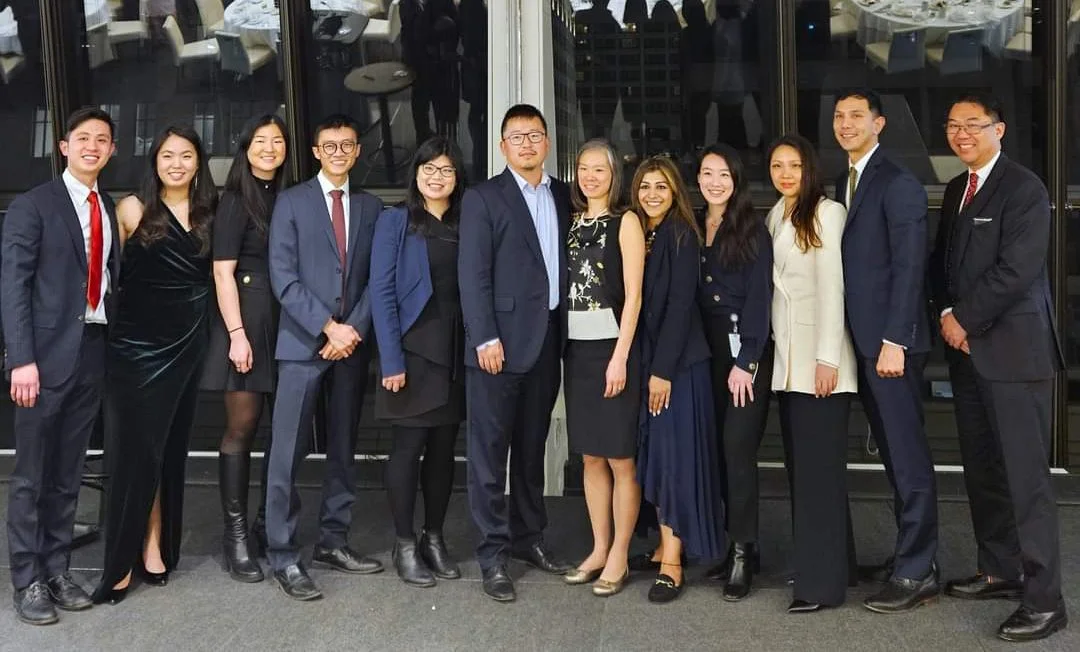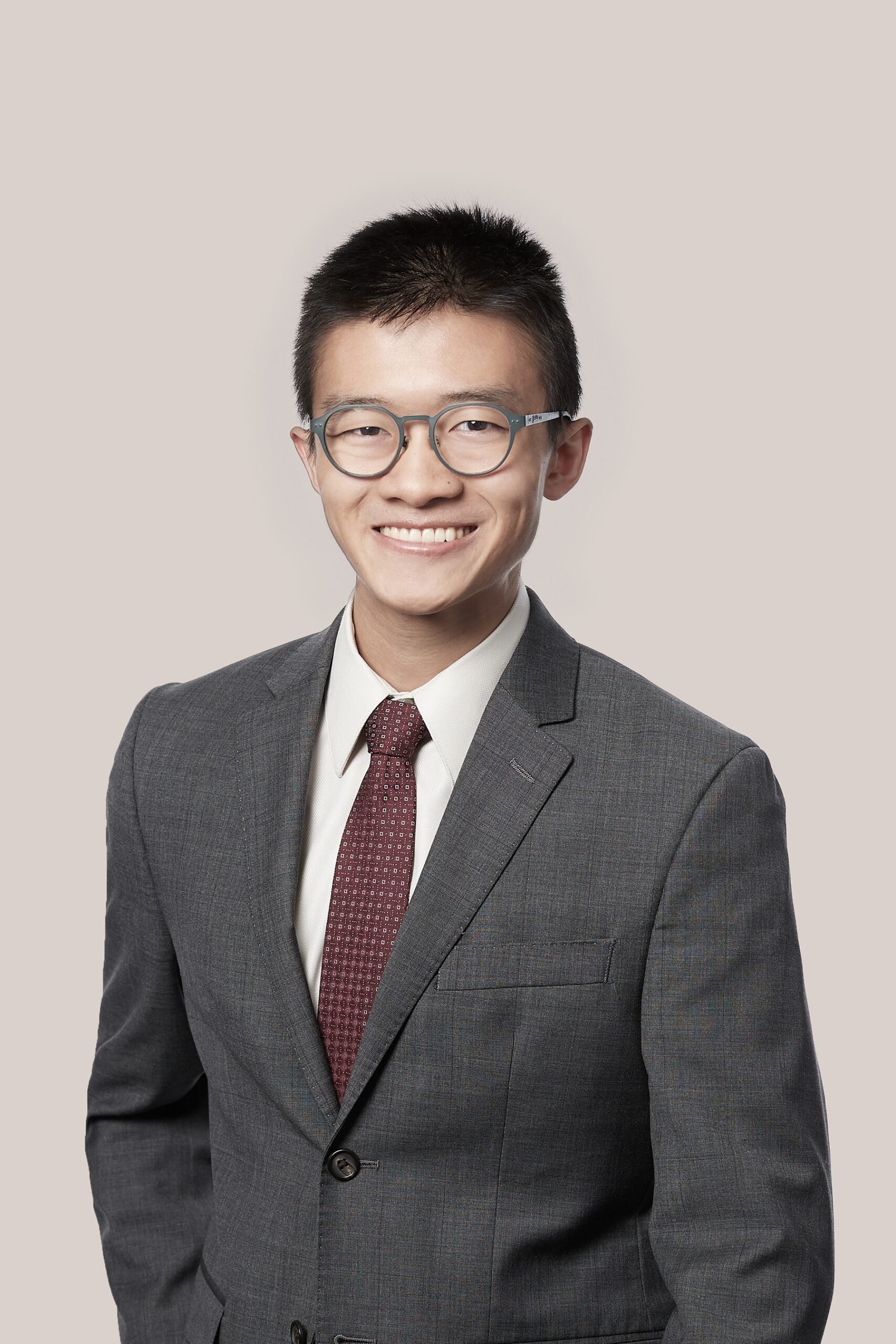From Humble Beginnings to the Supreme Court of Canada, Federation of Asian Canadian Lawyers Help Legal Professionals ‘Find Community’
The pan-Asian law association seeks to share ideas, help lawyers network with one another, and encourage racialized students to go to law school.
Photo: Samantha Ong Photography.
As a South Korean immigrant who came to Canada in 1969, Julia Shin Doi knows all too well the obstacles of being one of a few Asian lawyers working in a predominately white industry.
After all, when she graduated from York University’s Osgoode Law School in 1992, she was just one of 18 Asians in a class of 320 students.
Being one of a handful of Asian lawyers made Shin Doi determined to help other Asians entering the legal profession. That’s why 15 years later, she helped co-found the Federation of Asian Canadian Lawyers, also known as FACL. Her two other co-founders are also Asian women in law who continue to serve in high-ranking roles. Justice Maryka Omatsu is the first East Asian woman to be appointed a judge in Canada, while Madame Justice Avvy Go is now at the Federal Court.
Founded in 2007, FACL is a pan-Asian law association that seeks to share ideas, help lawyers network with one another, and encourage racialized students to go to law school. Mentorship is also an important part of FACL’s mission. The organization has programs to help foreign qualified lawyers and students overcome language-related barriers in the profession. And each spring, FACL holds a speed mentoring event known as Mentor-A-Thon, where students have the chance to connect with working lawyers.
Shin Doi, who is now General Counsel, Secretary of the Board of Governors and University Privacy Officer at Toronto Metropolitan University, says FACL was first born through the collaboration of Chinese, Korean and Japanese Canadian lawyers. However, the organization has since grown to include all members of the Asian diaspora, including those of South East Asian and South Asian descent.
“I do think the collegial aspect and mentorship was important, [and] a unified voice to help each other find community and then eventually advocate for the Asian community,” Shin Doi said in an interview with RepresentASIAN Project.
Now in 2023, FACL has grown to approximately 750 members composed of Asian law students, solo and small firm practitioners, corporate counsel, academics and government and public sector lawyers.
For Justin P’ng who now serves as the president of FACL’s Ontario branch, getting involved in the organization was a no-brainer when he attended Osgoode Law School from 2015 to 2018.
Justin P’ng. Photo Courtesy FACL.
As a law student, he joined his school’s Asian Law Students Association as a “quick and easy way of finding community.” It was through that organization that he was able to make friends but also see the potential in becoming a leader himself.
As he continued his studies, he eventually became the co-president of Osgoode’s Asian Law Students Association. And through that role, he got more and more involved with FACL by volunteering at events and programs. In 2017, he was nominated into FACL’s board of directors as its Student Director.
Through the role, P’ng says he got to meet lawyers in all stages of their careers. And he owes the networking and mentorship he received through FACL an important part of his trajectory in eventually becoming a privacy and cybersecurity lawyer at Fasken, one of the largest business law firms in Canada.
“[FACL] allowed me to connect not just with other Asian law students, but other Asian lawyers,” he said.
“To me, that was a really incredible experience, because it showed me that there were all these Asian lawyers who really believed in this community and really believed in investing in it and supporting the up and coming law students who were on the verge of joining the profession.”
FACL over the years
Over the years, FACL’s role has grown into more than just helping Asian law professionals network and find mentoring opportunities. In fact, it has played a major role in social justice issues and criminal justice cases.
In 2019, FACL headed to the Supreme Court of Canada in a case known as R. v. Le, which followed a man named Tom Le who was detained by police in 2012. According to court documents, Le had been hanging out with four friends in a backyard when three police officers approached them, without a warrant, and said they were at a “problem address” for drug dealing.
The officers then proceeded to question Le and asked for ID and what was in the bag he was carrying. At that point, Le ran away. He was later arrested and found to have a gun, drugs and cash on him and charged with 10 crimes related to these items.
At his trial, Le argued that the items found on him couldn’t be used as evidence against him, and that police breached his rights under the Canadian Charter of Rights and Freedoms. FACL was among a number of intervenors who advocated on the trial decision with respect to racial profiling.
The Supreme Court of Canada eventually ruled that Le was detained by police without reasonable suspicion and the evidence can’t be used against him in court.
“It is important that organizations like FACL have a voice at the table, and that we be able to participate so that we can convey the interests and the views of the Asian community and ensure that those views are represented by some of the most important decision makers in the country, including the Supreme Court of Canada,” P’ng said
In recent years, with the rise of anti-Asian racism, P’ng adds that FACL has often gotten involved in public education advocacy.
Together with groups like the Chinese National Council for Social Justice and the Chinese and Southeast Asian Legal Clinic, they developed hate and discrimination guide that was translated into multiple Asian languages to help the community find resources when it came to acts of violence and hatred.
“I think that was a really good example of the community coming together to, at least in some small part, help develop public awareness, public knowledge around these kinds of issues,” P’ng said.
FACL exceeds ‘all our hopes and dreams’
As someone who has been with FACL since its humble beginnings in 2007, Shin Doi says the achievements of the organization have exceeded “all our hopes and dreams.”
In early March, FACL held its annual conference that was attended by approximately 300 lawyers at all stages of their careers. Shin Doi says she’s hopeful that the number can continue growing further.
“I think you could say you didn’t see Asian Canadians in leadership positions 10, 12 years ago. But now there are many more,” she said.
“I hope [FACL] continues to grow and that we continue to be a source of community, support, friendship, mentoring and advocacy which is so very, very important for the Asian community.”
Like this post? Follow The RepresentASIAN Project on Instagram, TikTok and YouTube to keep updated on the latest content.


